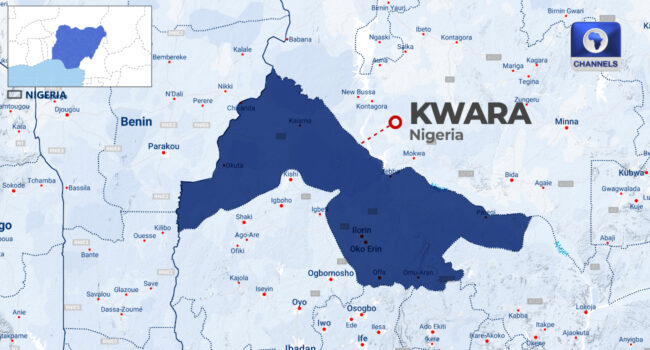The managing director of the News Agency of Nigeria (NAN), Ali Ali, reaffirms the significant impact of the Lagos Blue Light Rail on productivity and traffic congestion in Lagos State. Ali expressed his admiration for the state government’s commitment to investing in a first-class transportation system that facilitates seamless business operations.
“My impression of the Blue Light Rail is that it is a money-spilling venture,” Ali expressed. “I initially believed that it would be an underutilized cash-cow. However, from what I have seen, every aspect of the rail operations, from embarkment to disembarkment, and the punctuality of departures at the rail stations, is well-organized.”
The Lagos Blue Light Rail, spanning 13 kilometers from Marina to Mile 2, boasts five stations along the corridor, including Marina, National Theatre, Orile Iganmu, Alaba, and Mile 2. Ali commended the efficiency of the train system, emphasizing the timely arrival and departure at each station.
“Passengers arrive on time, and time management is excellent,” Ali remarked. “The consistency and efficiency of the train service are remarkable. With such a high volume of commuters, the investment made in the Blue Light Rail is bound to yield returns in no time.”
The fully electric Blue Light Rail system, a long-awaited investment in Lagos, is praised by Ali as a welcome addition to the mega city’s transportation infrastructure. He emphasized that this establishment provides both investors and commuters with mutually beneficial outcomes.
Inspired by Lagos State’s success, Ali urged other states to follow suit and establish their own state-owned rail systems, particularly in mega cities like the Federal Capital Territory (FCT). He believes that such initiatives would alleviate traffic congestion and enhance transportation efficiency, just as it has in Lagos State.
“The ambience of the train is wonderful, fully air-conditioned, and remarkably fast,” Ali enthused. “The journey from Marina to Mile 2, which takes hours by road, can now be completed in less than 20 minutes. With the train, you can be at work in no time.”
Ali also highlighted the positive impact of effective utilization of the state-owned train system in reducing stress, accidents, and the workload of traffic management authorities. He stressed that while the Blue Light Rail project should have been initiated earlier, its implementation is better late than never.
Encouraging Lagos residents to embrace the cost-effective Blue Light Rail facility, Ali emphasized the reduction in travel time and the convenience it offers. He shared the testimonial of Chidera Dim, a student, who expressed gratitude for the train service, as it allowed her to reach school on time each day.
To ensure a pleasant commuting experience, economist Allen Williams urged the Lagos State Metropolitan Area Transport Authority to regulate the number of passengers on each coach to prevent overcrowding. He also urged the train management to collaborate with other stakeholders to facilitate seamless movement from the train stations to passengers’ final destinations.
Another passenger, Nathanie, raised the importance of establishing a lost-and-found desk at the rail stations to assist passengers who misplace their belongings. Meanwhile, French entrepreneur Cecilia Evezi praised the Lagos State government and President Bola Tinubu for the establishment of a world-class train system. She boarded the train with her daughter to capture video footage for sharing with people in France, portraying Nigeria’s progress and development.
As the Lagos Blue Light Rail revolutionizes transportation in Nigeria’s economic hub, it not only enhances productivity but also alleviates traffic congestion. The success of this state-owned rail system serves as a blueprint for other states looking to improve their transportation infrastructure and ensure efficient and sustainable urban mobility.
NAN



